Edições Impressas
28 de novembro de 2023
Diver finds over 30,000 roman empire coins – Level 3
Article published in Joca 216

A diver found thousands of Roman Empire coins while exploring the coast of Arzachena, in the northeast of the island of Sardinia, Italy. It is estimated that between 30,000 and 50,000 bronze coins were found in a surprisingly well-preserved state. The discovery was announced on November 4th by the Italian Ministry of Culture.
After finding them, the man notified authorities, who went to the site to collect them. After analyzing the markings on the coins, researchers concluded that they were from the period between AD 324 and 340. “The restoration and conservation operations of the coins will allow a deeper understanding of the time period,” says the official statement in a free translation from Italian.
According to Luigi La Rocca, director-general of the Department of Archaeology, Fine Arts, and Landscape of the Ministry of Culture, the treasure found is one of the most significant numismatic discoveries in recent years. “It highlights, once again, the wealth and importance of the archaeological heritage that the depths of the seas—crossed by men and goods since ancient times—still guard and preserve,” he said in a note.
Glossary
ROMAN EMPIRE: historical period in Rome that started in 27 BC (Before Christ) with the assassination of political and military leader Julius Caesar. The empire ruled parts of Europe, Asia, and northern Africa. In AD 395, it was split into the Western Roman Empire, which lasted until 476, and the Eastern Roman Empire (or Byzantine), which lasted until 1453.
NUMISMATICS: the science that studies coins and banknotes.
SOURCES: ITALIAN MINISTRY OF CULTURE AND THE GUARDIAN.
Ixi! Você bateu no paywall!
Ainda não é assinante? Assine agora e tenha acesso ilimitado ao conteúdo do Joca.

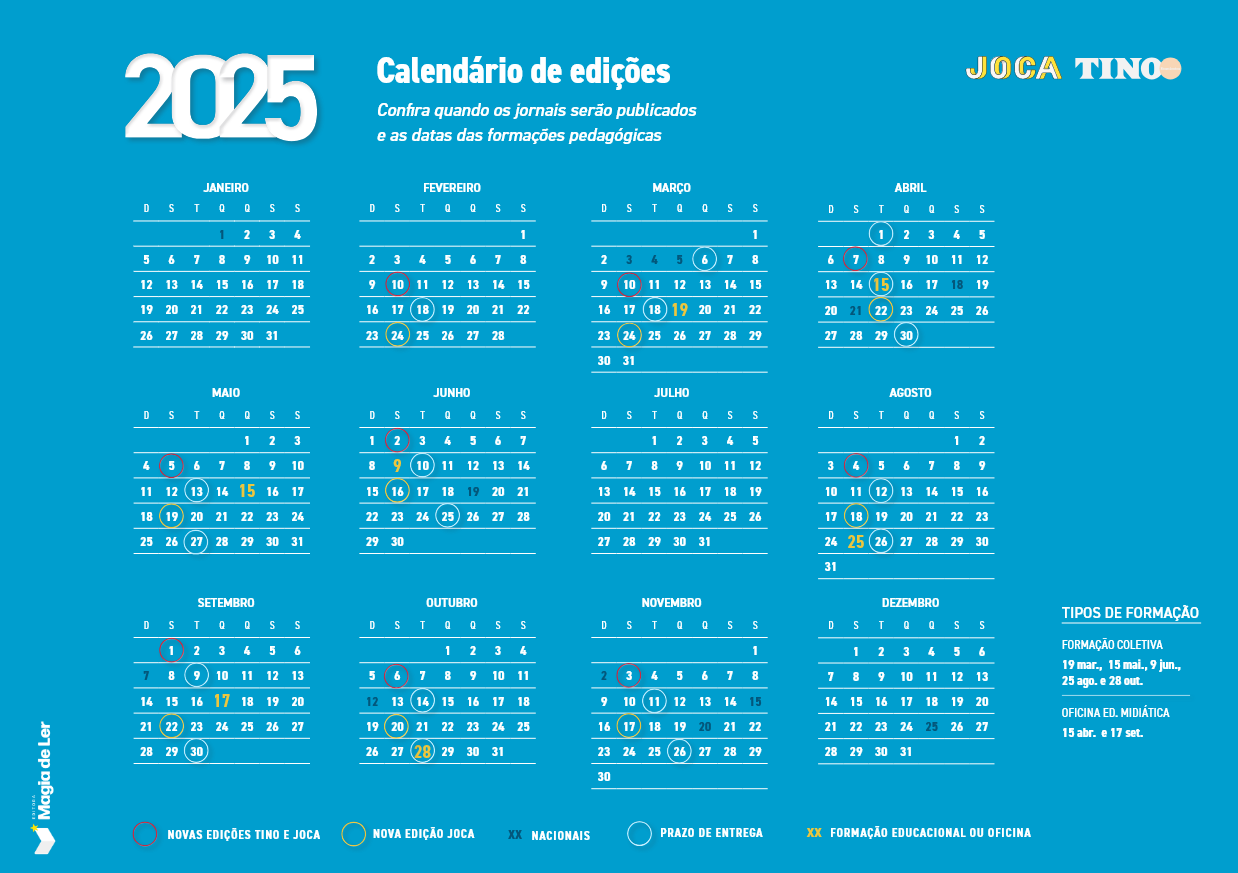
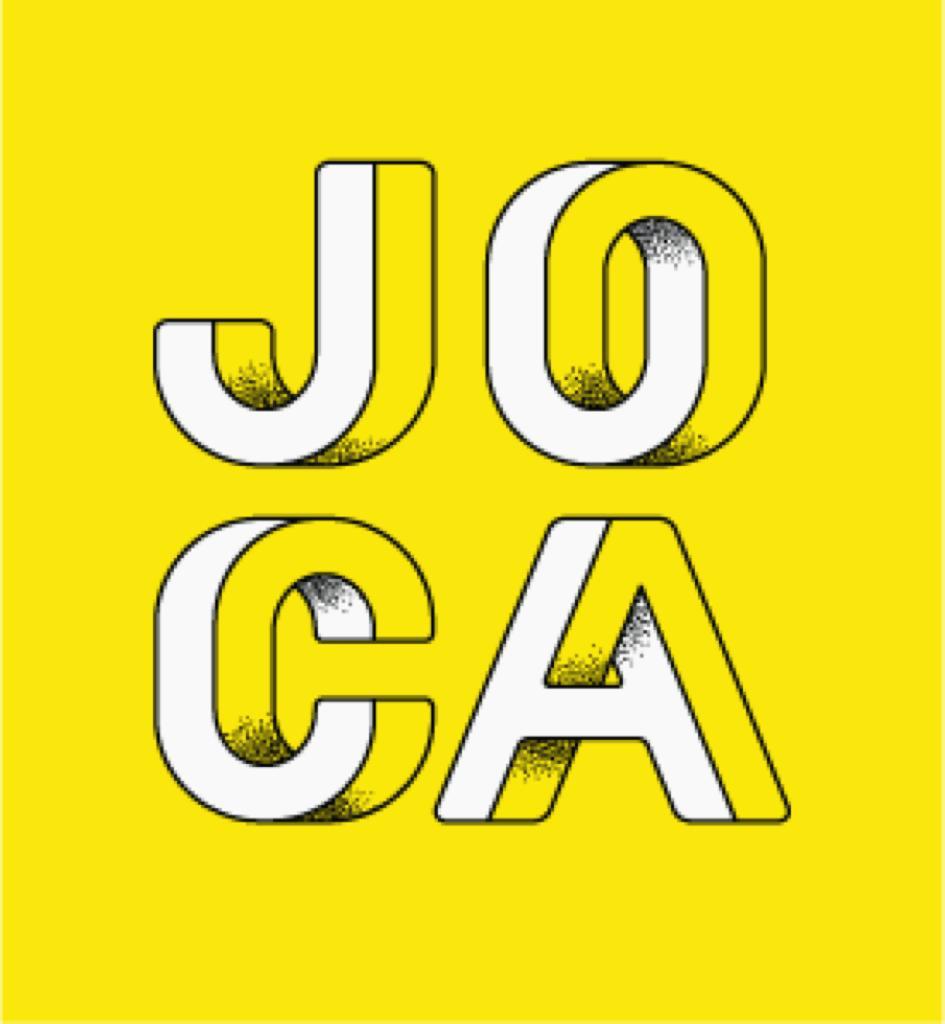



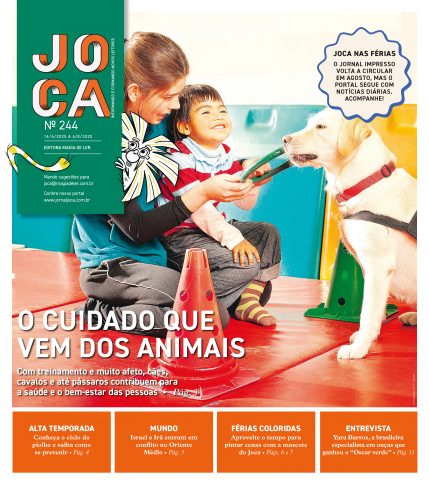

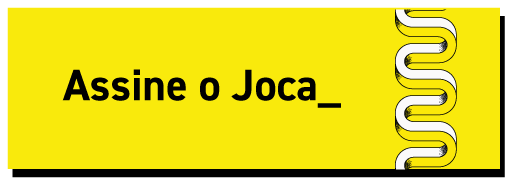

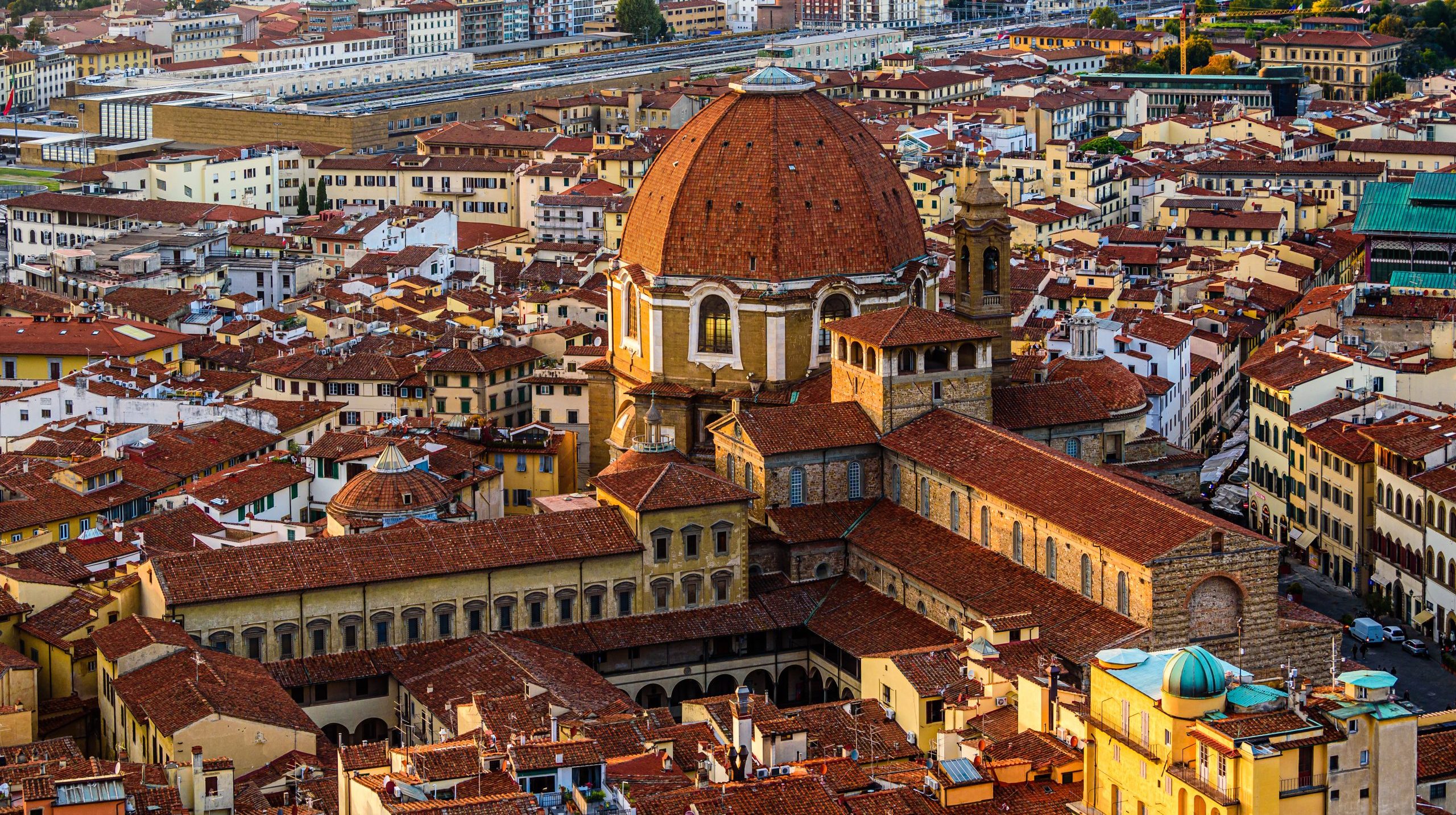
Você precisa fazer o login para publicar um comentário.